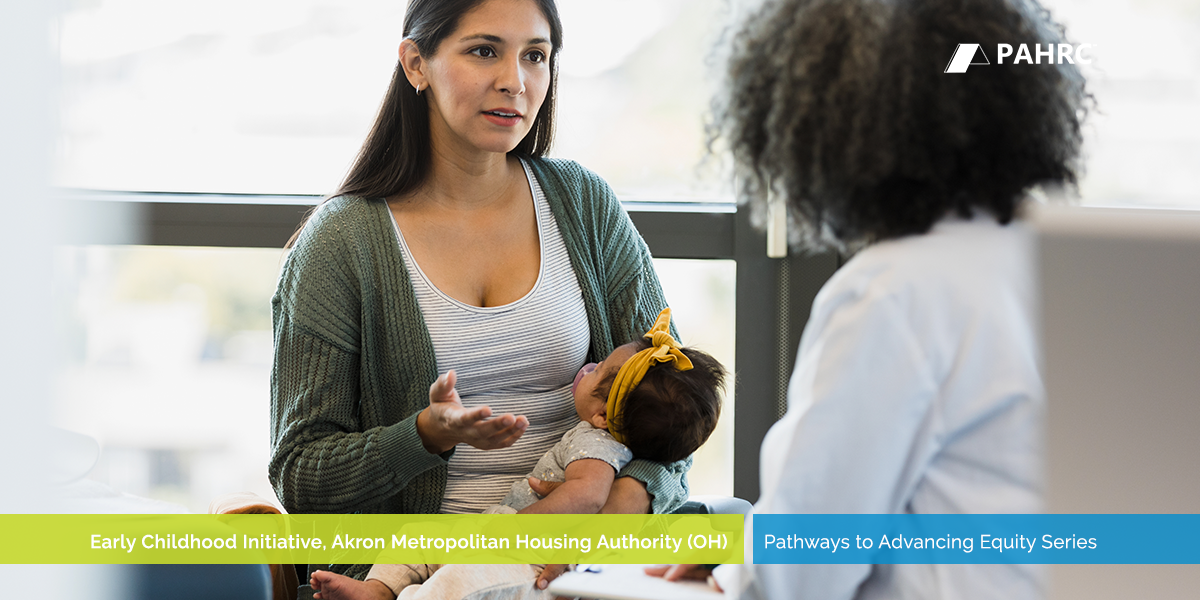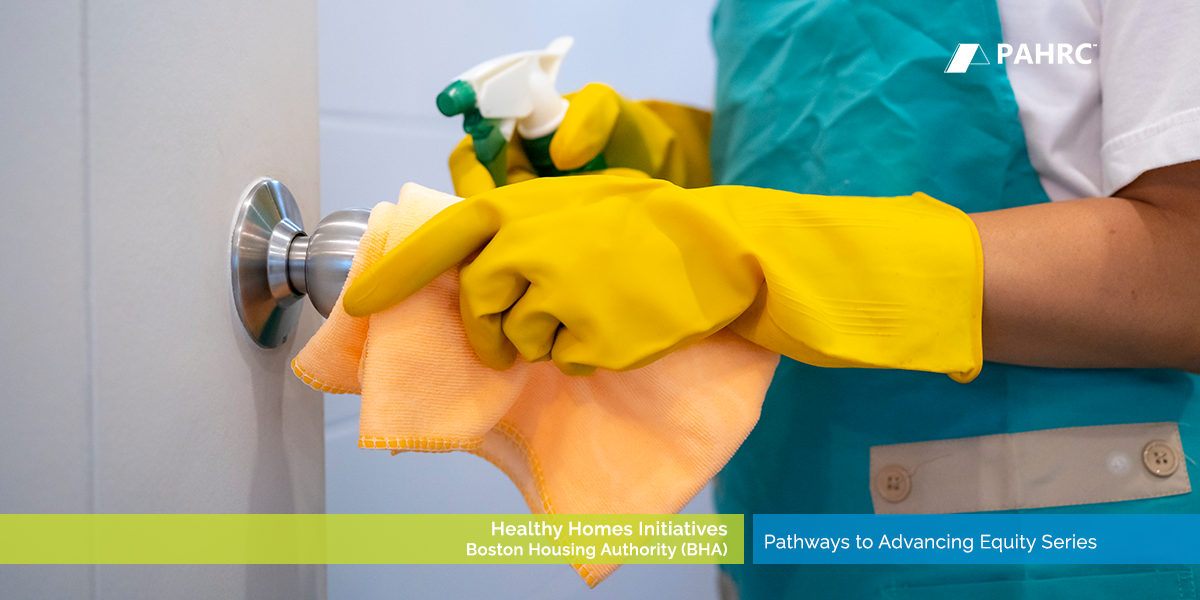Less than a decade ago, the Housing Authority of the City of Austin (HACA) observed a lack of father figures in many children’s lives.
Recognizing the positive impact community father figures can have as male role models and the need for support to help fathers be more present in their children’s and partners’ lives, HACA established Involved Dads of Action, Developing and Succeeding (iDADS). It’s an innovative program that’s seen success in providing fathers and father figures new opportunities for personal, professional, and emotional growth.
HACA's iDADS program is featured in “PHA Pathways for Advancing Equity,” a report released by the Public and Affordable Housing Research Corporation (PAHRC), a member of HAI Group’s family of companies.
Challenge
HACA recognized the absence of father figures in many children's lives within the community. This absence highlighted the need for positive male role models and support systems to help fathers become more involved in their children's and partners' lives.
Solution
In 2018, HACA partnered with Isaac Rowe, founder of The Man In Me Foundation, and Joshua Banks, HACA employee and motivational speaker, to create iDADS. A resident initially championed the program, encouraging HACA to move forward with its establishment.
At its core, iDADS aims to “strengthen families by empowering HACA fathers and father figures to raise great kids and to achieve positive, fulfilling lives.” The organization embraces this goal by connecting fathers and father figures with resources to improve their health and wellness, develop communication and parenting skills, and embrace accountability.
Implementation
Participants attend two classes per week for five weeks. Classes focus on:
- Self-development and career growth.
- Working on anger management.
- Making positive choices.
- Training for jobs that align with participants’ interests.
HACA encourages fathers to share their feelings and experiences, learn about living healthier lives, and identify personal development goals. The Authority incentivizes participation by developing relevant and interesting training topics, awarding participants who go above and beyond, and providing food and childcare for the participants. Additionally, HACA connects fathers and father figures to employers that give preference or set aside roles for iDADS participants.
Impact
HACA acknowledges iDADS as an Austin Pathways program that is open to all fathers and father figures 18 years and older. Over 40 men graduated from iDADS between 2021-2022, with many graduates sharing stories that the program helped them to strengthen relationships with their families. Key components of iDADS include:
- Self-Development and Career Growth: Focusing on personal and professional development.
- Anger Management: Teaching techniques to manage and reduce anger.
- Making Positive Choices: Encouraging responsible decision-making.
- Job Training: Providing training for jobs that align with participants' interests.
Upon graduating from the program, iDADS' digital inclusion team provides laptops and cell phones when needed to help the fathers and father figures continue their personal and professional development.
“All of our programs have resident voices and are resident-driven. We are just in the background administering the programs, but with every program, we have resident ambassadors, meaning the folks who are members are the ones that are reaching out to their neighbors. It's not the same if I knock on their door and say, ‘Hey, join iDADS,’ compared to somebody that they know next door.” - HACA
Conclusion
HACA’s iDADS program exemplifies the importance of supporting and empowering fathers and father figures within the community. Through partnerships, targeted support, and a focus on personal development, iDADS has made a significant impact on the lives of participating fathers and their families.
For more detailed insights and similar case studies, refer to “PHA Pathways for Advancing Equity,” a report by the Public and Affordable Housing Research Corporation (PAHRC), a member of HAI Group’s family of companies.
This article is for general information only. HAI Group makes no representation or warranty about the accuracy or applicability of this information for any particular use or circumstance. Your use of this information is at your own discretion and risk. HAI Group and any author or contributor identified herein assume no responsibility for your use of this information. You should consult with your attorney or subject matter advisor before adopting any risk management strategy or policy.






